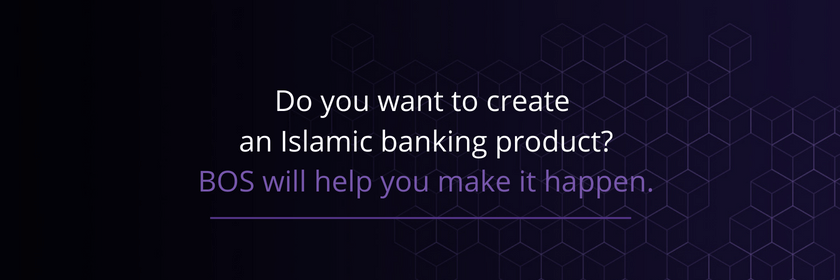
The Muslim population in Europe continues to grow in both absolute and relative numbers. Following this trend, a rise in demand for Sharia-compliant financial products – or Islamic banking – is expected. Even though Islamic banking is deeply rooted in history and religion, as its foundations are derived from Qur’an, it’s the modern technology that facilitates the deployment of Sharia-compliant products for today’s neobanks and fintech companies.
With an estimated CAGR of 17.9%, the volume of transactions processed by Islamic fintech companies will rise significantly faster by 2026 than the global fintech industry (13.5%), according to Global Islamic Fintech Report 2022. As surprising as it may sound at first, Europe is one of the most important regions, fueling its growth. One of the main factors here is Europe’s growing population of Muslims. According to the analysis by Pew Research Center, their number will grow rise from 25.8 million in 2016 to at least 35.8 million in 2050, and that’s assuming a – rather unrealistic – “zero-migration” scenario.
The “Medium-migration” scenario increases this figure to 57.9 million, and “high migration” to a number as high as 75.6 million.
The European Islamic banking market is then likely to see a twofold rise in the number of customers over just 35 years. Such an opportunity is not to be overlooked. This market, however, needs very specific financial products that are fundamentally different from – so to speak – traditional ones. Banks, neobanks and fintech entities that intend to offer them need a core banking system designed to embrace these differences.
Money makes money? Not in Sharia
One of the unique characteristics of Islamic banking – or Sharia law that governs it – is the prohibition of riba. The word riba is commonly translated as interests, though its meaning is wider. According to Qur’an, money has no inherent value in itself and can’t be used to generate wealth. A Muslim can make profits on a legitimate business or asset investment, but not on lending money. For example, a loan must in returned in full quantity only, with no financial or material benefit for the lender. This makes all interests-based products – be it a deposit or a loan – forbidden in Islamic banking.
To function fully in modern society, some Muslims reckon that the sheer absence of interests sts make the “traditional” banking product compliant with Sharia law. B. But whereas it’s relatively easy to find a current account or deposit with 0% interest rate, it’s far more difficult to find a similar loan. Besides, many Muslim scholars dismiss such an approach as not fully legitimate under the Sharia law.
Lack of interest doesn’t rule out earning money entrusted to a bank or incurring the costs of financing. However, these profits and costs cannot be interest-based. Take Mudarabah as an example of product that can be roughly characterized as an equivalent of deposit – or investment, as it resembles entering a joint-venture. Instead of interests, the customer receives a share in profits from a given business project, transaction etc., agreed upon in advance.
It may seem a strictly investment product at first, but the nature of the business entered may be something as routine as day-to-day operations of a trading company that generates a steady, highly predictable and nearly risk-free revenue stream.
Another crucial difference: third parties
Mudarabah is a prime example of another fundamental difference between the Western and Islamic banking: the latter relies heavily on third parties. They are in fact sine qua non to numerous Sharia-compliant financial products.
This in turns means that the core banking system to support Islamic Banking product must not only operate in an “interest-e” environment. It also must be able to seamlessly integrate third parties’ operations, as capital and information flow between them and the customer is a prerequisite.
It’s worth to note that even though Islamic banking products are deeply rooted in centuries-old, religion-based law, they still may – and inf fact, should – provide a modern-day experience for customers.
Islamic banking products in BOS
Driven by technology advancements and growing demand, the number of providers of core banking systems that enable Islamic banking is increasing every year. Poland-based tech company INCAT Ltd. is one of them. During a recent deployment of BOS for a Saudi-Arabia based digital bank, we were given an opportunity to learn and understand challenges that lay before core banking system providers for Islamic fintechs and neobanks.
Following this project, based on BOS core banking system, we were able to design and offer a proprietary solution that supports Islamic banking products. BOS’ microservices architecture played a crucial role in the process. It allowed us to easily introduce and integrate new products – in this case, Sharia-compliant – without redesigning the system as such. New products are implemented as new microservices; third-party integration also takes place on a microservice level.
BOS’ microservices architecture played a crucial role in the process of offering a proprietary solution that supports Islamic banking products.
Such approach makes our flagship solution – a core banking system BOS- a bridge between Western and Islamic banking, as it is technically possible that Islamic and Western banking products co-exist even on a single BOS instance. More importantly, though, this approach allows Islamic fintechs and neobanks to take the full advantage of our core system’s reliability and flexibility. It also enables us to continually expand and modify our Islamic banking products range to meet our customers’ business needs. And as the market forecasts show – these needs are destined to grow.
***
About BOS system
BOS is a microservices-based, modern and fully scalable, Sharia-compliant transaction system, addressed to fintechs, -neo and challenger banks, as well as traditional financial institutions for which it can be used as a complementary support for basic solutions.
BOS system, thanks to such functionalities as open API, allows for quick software implementation as well as its easy integration with external systems.
Contact us for more information.
***
About the author
 Michał Mazur is the Chief Analyst Officer at INCAT Ltd.
Michał Mazur is the Chief Analyst Officer at INCAT Ltd.
In his over 20-year career, he has been involved in many financial and IT sector projects. He has extensive experience in project management, analysis, business development, system architecture, and quality assurance.
Michał Mazur is a graduate of AGH University of Science and Technology (Warsaw, Poland).
Contact an author: michal.mazur@incat.com.pl


